Expert Advice on Making Math Fun

Asking a random student about their opinion on Math will likely guarantee a negative response and attitude towards the subject. It is not a new finding. According to research, Math is one of the most challenging subjects. However, fostering creative teaching methods is advisable, especially if you intend to make Math fun for learners.
Tips for Making Math Fun
Experts have shared tips on making Math a fun subject by changing the learners’ mindset. Luckily, these tips serve diverse educational demographics. Check them out.
1. Games
Learners can engage in games and make the learning process fun. Introducing games as part of the teaching process also helps change their attitude towards the subject, making it easier for them to remember concepts, ask questions, and improve their chances of performing better.
Foster a competitive environment that encourages everyone in class to participate by introducing prizes such as pens. That way, they will be motivated to want to win.
2. Hand-On Activities
Another tip that fosters learners to engage in learning activities entails encouraging them to participate in hands-on activities. Use tools such as learning blocks to explain concepts and illustrations to make it easier for them to decipher abstract concepts.
3. Real-Life Application
Did you know students learn through imagination? Complicated as it might appear, using real-life examples will likely cement an idea or concept better. For instance, when teaching them about relatable concepts involving money, allow them to participate in skits that include how to buy essay from academic service providers and how to get value for their money.
You will be surprised by how seamlessly they will master the concept and retrieve it during tests.
4. Challenges
Being good at Math requires consistent practice and sometimes feels like a muscle that requires you to exercise often. Even though encouraging the learners to tackle a Math problem daily might sound like a brilliant idea, they might not be consistent with the habit.
Therefore, organize regular Math challenges and competitions in class. Have prizes for the best-performing students and teams. You will be surprised by how much they will be interested in being the best performers by changing their attitude towards the subject.
5. Creativity and Art
Did you know you could integrate creativity and art in Math? If you were unaware, this is your cue to try it out. Use concepts such as creating tessellations, origami, and geometric art. These concepts make Math visually appealing and engaging.
6. Out-Of-Class Experiences
Monotony works against concentration. Therefore, every once in a while, have your Math classes outside, preferably in nature. Allow the learners to draw a relationship between a concept and their environment. For instance, if the lesson is about shapes, allow them to point out objects and explain their interpretation of the shapes.
7. Technology
It is a no-brainer that technology is slowly becoming the solution to every challenge. Therefore, your Math problem is not as complex as you might think. Moreover, technology is highly accessible.
Encourage the learners to explore Math Apps and software to make the learning experience enjoyable and interactive. Doing so will make their screen time more productive.
8. Storytelling
If you are good at telling stories, this is your cue to curate one about a particular concept. First, stories have an interesting way of capturing learners’ attention. Storytelling also challenges them to create scenarios, prompting them to ask questions for clarification.
Introduce characters when using a story to explain a concept. Encourage the learners to use these specific characters when relating to the topic. Doing so will help them understand it better.
9. Adventures
Depending on the concept, encourage the learners to take field trips to learn more about Math. For instance, take them to a planetarium or a museum to learn more about the correlation between Math and, astronomy and space.
10. Math Journals
Encourage learners to keep Math journals to jot down their daily observations and concepts learned. Allow them to also come up with complex questions and encourage them to solve them when possible.
11. Unconventional Resources
Usually, learning dictates using pen and paper to explain a concept. However, depending on the need, use other unconventional resources such as video clips explaining concepts or flashcards to sharpen the ability of their brains to retrieve information.
12. Peer Learning
Sometimes, teacher-student learning is cliché. Therefore, if an opportunity arises, foster peer-to-peer learning as one of the collaborative learning techniques. Encourage the learners to participate in group work when solving Math problems.
Peer-to-peer learning encourages them to air their opinions and understanding of certain concepts. It also allows them to share their knowledge about different concepts in a language palatable for their age.
13. Inter-Discipline Integration
Expose the learners to other fields while highlighting how Math relates and connects with them. For instance, open them up to the relationship between Math and subjects like history, science, and art. While doing so, foster the importance of excelling in Math as a foundation for these other subjects.
14. Encourage Them to Make Mistakes
One of the reasons why learners develop a negative attitude towards Math is the reality of how easy it is to fail for not providing the correct answer. Foster a change of attitude towards failing in a Math test. Instead, encourage them to view it as an opportunity to learn.
15. Positive Reinforcement
Sometimes, learners need a little push and motivation to excel academically. Therefore, instead of focusing on their weaknesses and shortcomings, encourage and applaud their achievements, regardless of their magnitude. Push them to have a growth and achievers mindset.
16. Mentors and Guest Speaker
Another fun tip for making Math fun is to invite professionals in Math-related fields to share their experiences. Doing so will encourage the learners to develop a positive attitude towards the subject. It is also an opportunity to broaden the learners’ minds about the importance of the subject beyond the classroom.
To Wrap Up
These tips guarantee to foster a lifelong change of attitude towards Math. They also awaken their curiosity, a positive attitude, and creativity in their approach to the subject.
Related to This Article
More math articles
- How to Graph Quadratic Inequalities? (+FREE Worksheet!)
- Decimals in Action: How to Master Multiplication and Division
- 7th Grade IAR Math Worksheets: FREE & Printable
- How to Multiply and Divide Monomials? (+FREE Worksheet!)
- What Kind of Math Courses Are Required for Business Degree?
- Best Tiрѕ fоr Mаth Success
- 10 Most Common 6th Grade OST Math Questions
- Reading Clocks
- How to Graph Polynomial Functions
- 6th Grade MEAP Math Practice Test Questions
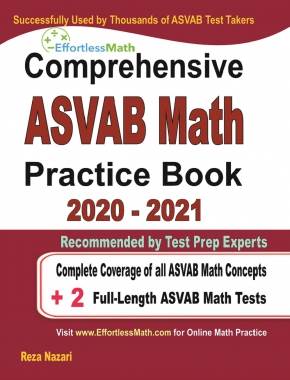
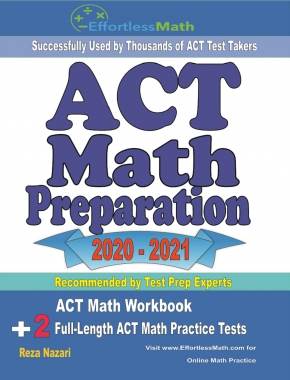

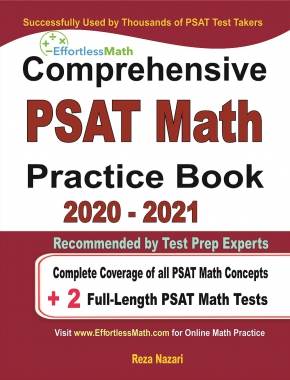
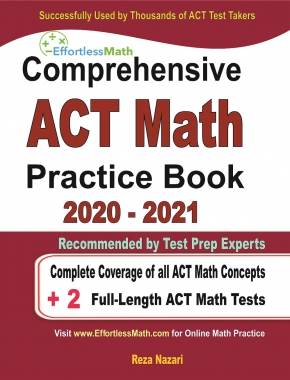

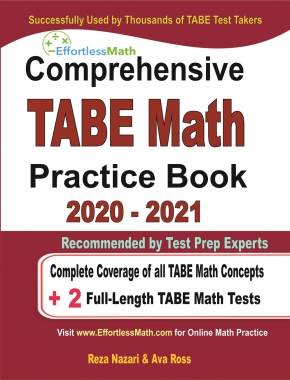


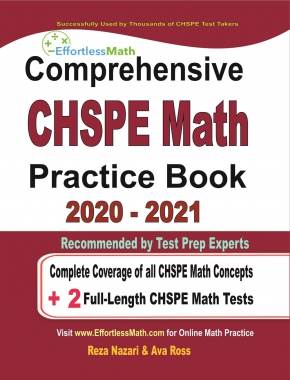
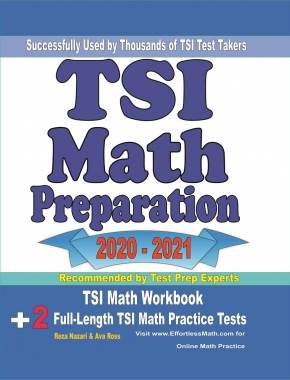
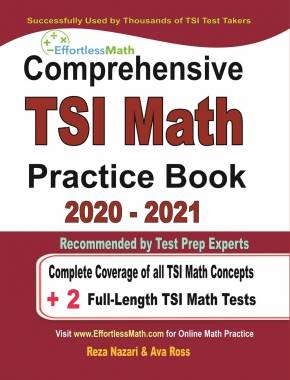

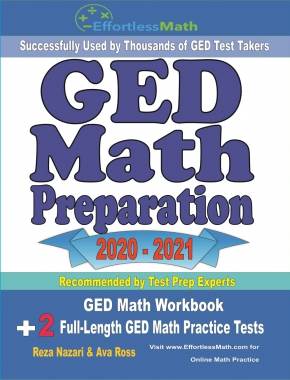




What people say about "Expert Advice on Making Math Fun - Effortless Math: We Help Students Learn to LOVE Mathematics"?
No one replied yet.